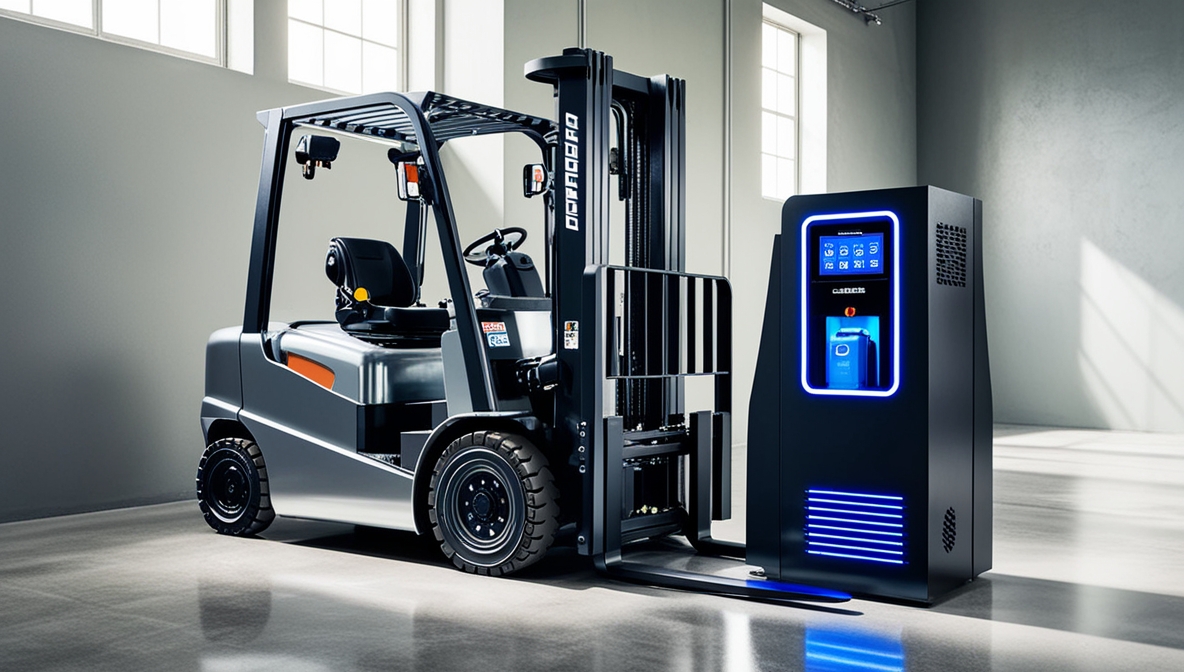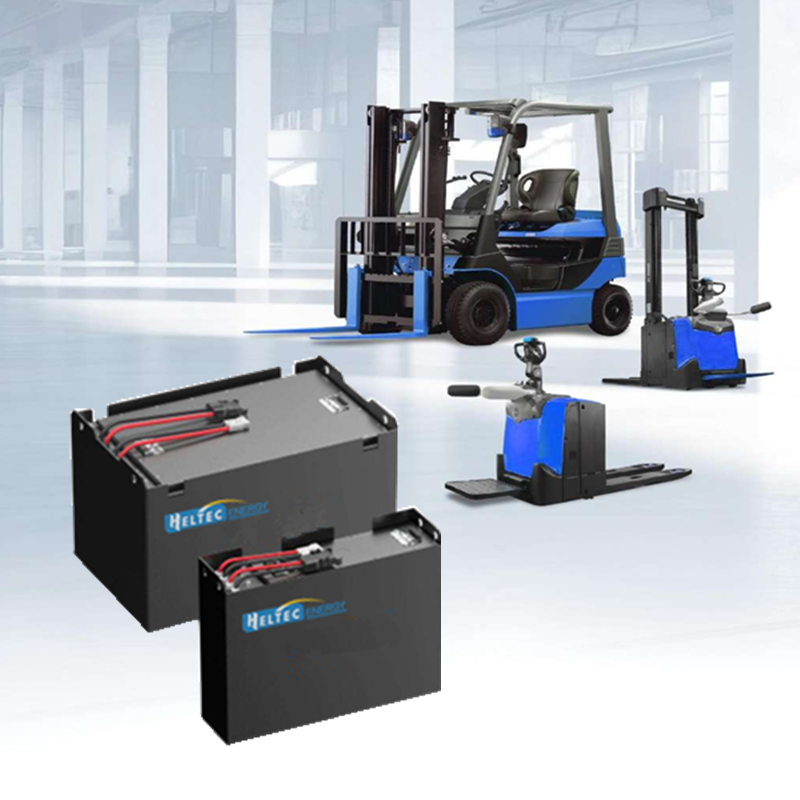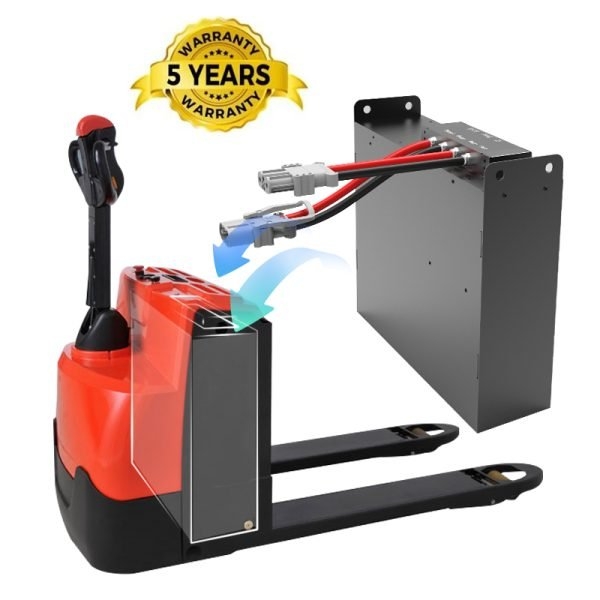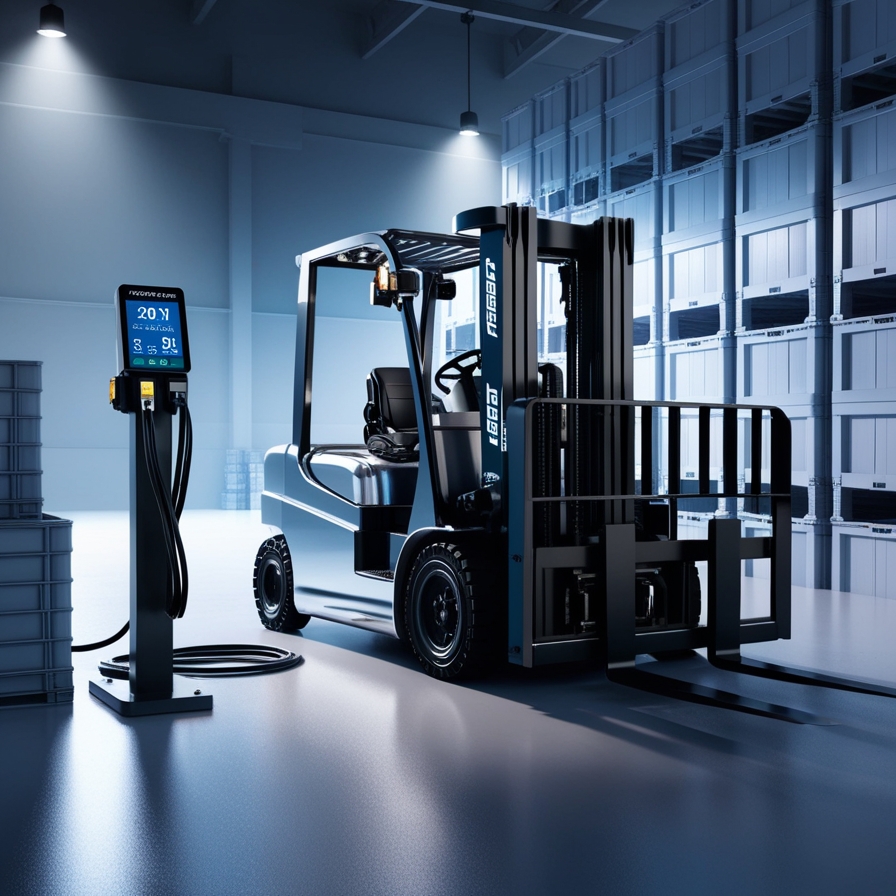Introduction:
In recent years, lithium batteries have become increasingly popular for powering forklifts and other industrial equipment. These batteries offer numerous advantages, including longer life cycles, faster charging times, and lower maintenance compared to traditional lead-acid batteries. However, a common question arises among operators and fleet managers: Is overnight charging safe for lithium forklift batteries?
Lithium batteries work by moving lithium ions between the anode and cathode during charging and discharging cycles. This movement of ions is facilitated by an electrolyte that helps in energy transfer. These batteries are known for their high energy density, long lifespan, and efficiency, but they also come with their own set of charging requirements and safety considerations.

Charging Protocols and Safety
One of the key advantages of lithium batteries is their ability to handle a range of charging conditions. Unlike lead-acid batteries, which typically require careful management to avoid overcharging and undercharging, lithium batteries are equipped with advanced Battery Management Systems (BMS). The BMS monitors and manages the battery’s state of charge, ensuring that it operates within safe limits.
When it comes to overnight charging, the BMS plays a crucial role in maintaining safety. It prevents overcharging by regulating the charge rate and terminating charging once the battery reaches full capacity. This automated process helps mitigate risks such as overheating and potential thermal runaway—a condition where the battery’s temperature rises uncontrollably.


Best Practices for Overnight Charging
While lithium batteries are designed to be safe during overnight charging, adhering to best practices is essential to ensure optimal performance and safety:
1. Use Manufacturer-Recommended Chargers: Always use chargers recommended by the battery manufacturer. These chargers are specifically designed to match the battery's specifications and incorporate necessary safety features.
2. Ensure Proper Ventilation: Even though lithium batteries are less prone to off-gassing compared to lead-acid batteries, it’s still a good idea to ensure proper ventilation in the charging area. This helps dissipate any residual heat and reduces the risk of overheating.
3. Monitor Charging Areas: Regularly inspect the charging area for any signs of wear or damage, such as frayed cables or faulty connectors. Keeping the charging environment clean and well-maintained can help prevent potential hazards.
4. Avoid Overcharging: Though lithium batteries have built-in protections against overcharging, it’s still wise to avoid excessive charging times. If possible, schedule charging to match operational needs rather than charging for extended periods unnecessarily.
5. Regular Maintenance: Routine checks and maintenance of both the battery and the charging equipment can help identify and address any issues before they become serious problems.

Conclusion
Overnight charging of forklift lithium batteries is generally safe due to the advanced features of the Battery Management Systems that monitor and regulate the charging process. However, following best practices and manufacturer guidelines is crucial to maintaining safety and performance. As technology continues to evolve, it’s important for operators to stay informed about best practices and advancements in battery technology to ensure the longevity and efficiency of their equipment.
If you have any questions or would like to learn more, please don't hesitate to reach out to us.
Request for Quotation:
Jacqueline: jacqueline@heltec-energy.com / +86 185 8375 6538
Sucre: sucre@heltec-bms.com / +86 136 8844 2313
Nancy: nancy@heltec-energy.com / +86 184 8223 7713
Post time: Sep-04-2024
